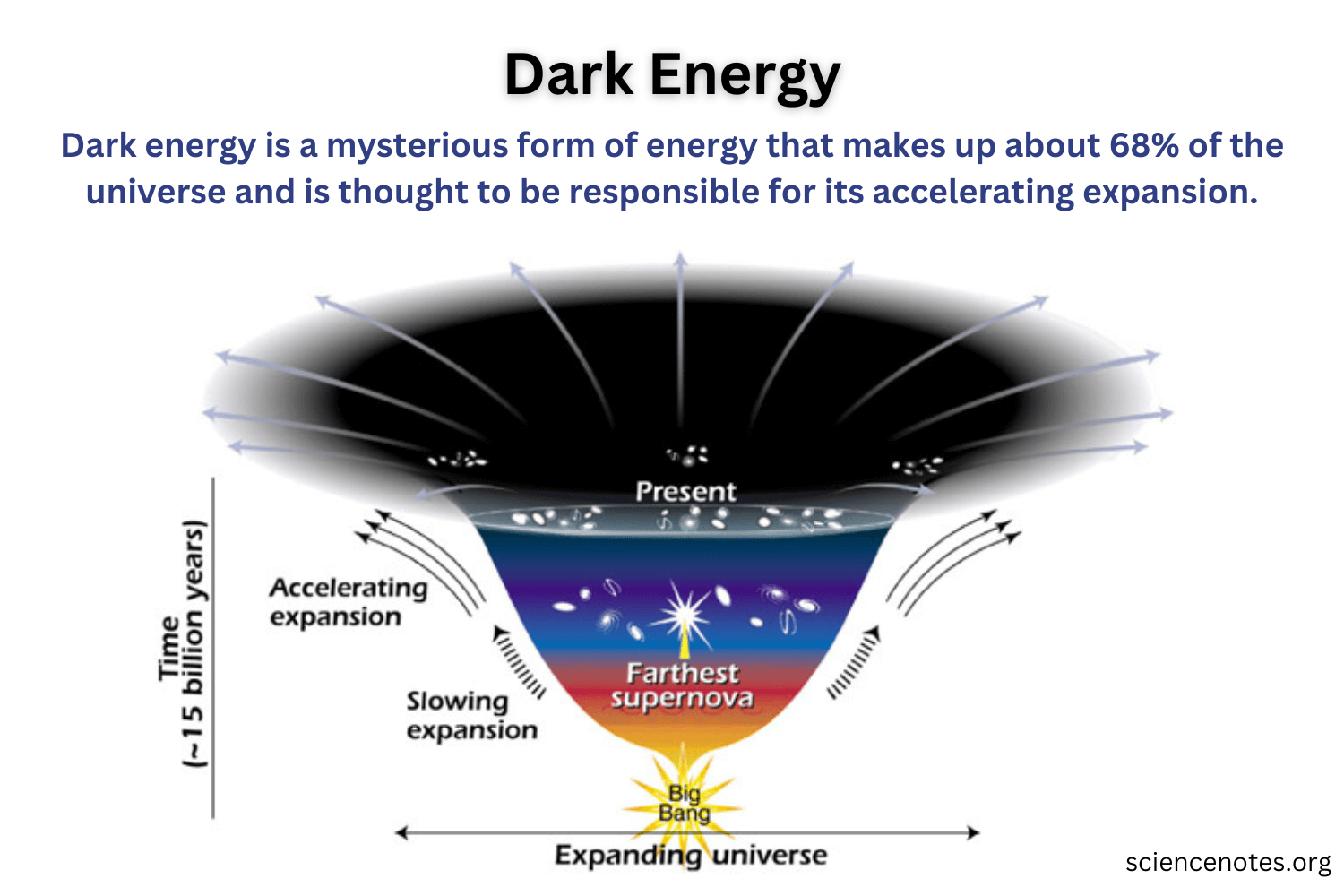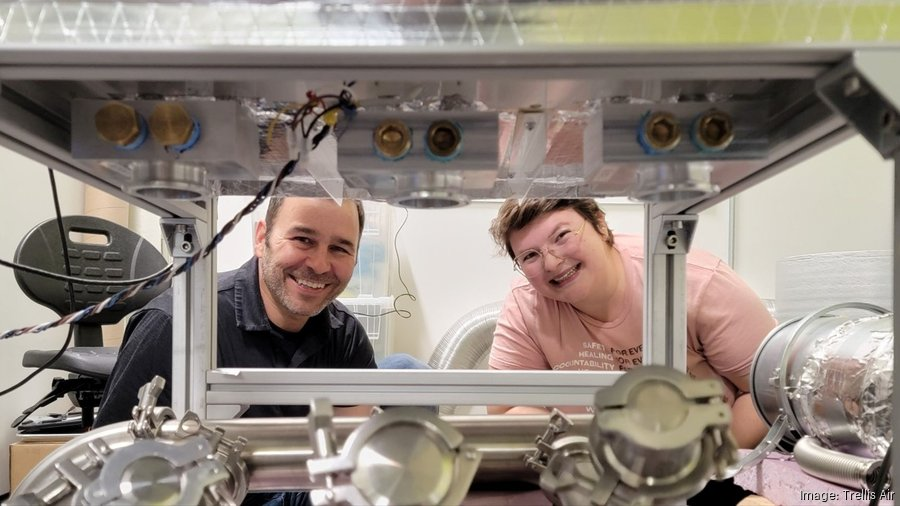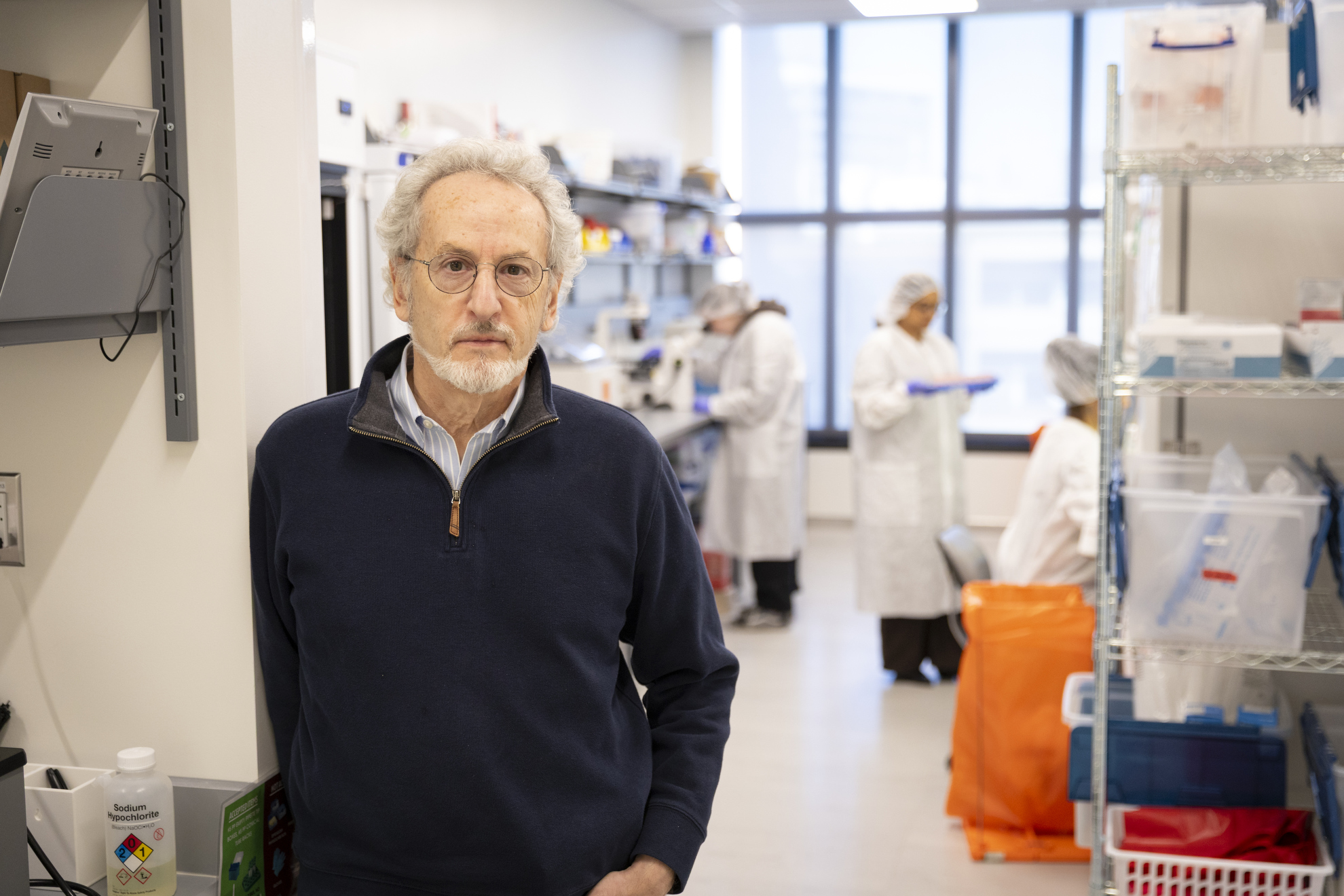Dark energy, the mysterious force that constitutes nearly 70% of the universe, has captivated scientists and researchers alike as they delve into the nature of our cosmos.Recent findings from the international Dark Energy Spectroscopic Instrument (DESI) collaboration challenge previous notions about this enigmatic phenomenon, suggesting that dark energy, often thought of as a static “cosmological constant,” might actually be diminishing over time.
Trellis Air Technology: Revolutionizing Cooling Solutions
Trellis Air technology is revolutionizing the way we think about cooling systems, offering a groundbreaking solution that promises to address the growing demand for energy-efficient cooling amid rising global temperatures.Developed by a Harvard startup, this innovative dehumidification system mimics the function of a coffee filter, allowing air to be dried and cooled much more efficiently than traditional air conditioning methods.
Tropical Forest Canopy: Understanding Climate Change Effects
The tropical forest canopy represents a lush and vibrant layer of life, playing a pivotal role in maintaining forest health and safeguarding our planet’s biodiversity.Often dubbed the “lungs of the Earth,” these towering layers are crucial for carbon storage, directly impacting climate change.
Benjamin Franklin Stove: Innovation for a Colder World
The Benjamin Franklin Stove, one of the lesser-known inventions of the renowned polymath Benjamin Franklin, represents a pivotal advancement in heating technology during the 18th century.This innovative design was conceived during the harsh winter of 1740-1741 and aimed to provide better warmth while using less fuel, showcasing Franklin’s foresight in addressing climate challenges.
American Research Funding Crisis: Harvard’s Response Unfolds
The American research funding crisis has emerged as a significant challenge, jeopardizing groundbreaking projects and innovations that drive the nation’s scientific progress.With substantial cuts during the Trump administration, institutions like Harvard University are facing unprecedented hurdles, as urgent stop-work orders threaten vital research initiatives, including advanced organ-on-a-chip technology.
X Chromosome Inactivation: A Breakthrough in Genetic Treatment
X chromosome inactivation (XCI) is a fascinating biological phenomenon that plays a crucial role in gene regulation for female mammals.This process allows cells to balance gene dosage between the sexes by silencing one of the two X chromosomes present in females, thus preventing an excess of X-linked gene expression.
Healthcare Apps for Cancer Patients: Innovations in Support
Healthcare apps for cancer patients represent a significant innovation in the fight against cancer, offering personalized support like never before.These personal healthcare apps utilize advanced algorithms and artificial intelligence to create adaptive intervention strategies tailored to the unique needs of each user.
Axions Dark Matter: A New Frontier in Particle Physics
Axions dark matter represents one of the most intriguing theories within the domain of particle physics discoveries, potentially unlocking the mysteries of our universe’s composition.As scientists delve deeper into axion cosmology, they are investigating these hypothetical particles as a leading candidate for dark matter, which is believed to account for a staggering 85% of the cosmos’ mass.
MicroRNA Discovery: Gary Ruvkun’s Road to the Nobel Prize
The groundbreaking discovery of microRNA by Gary Ruvkun and Victor Ambros in the 1990s marked a pivotal moment in genetics research, illuminating a previously unknown layer of gene regulation.Their work, primarily conducted on the model organism C.
Bonobo Communication: Insights into Animal Language
Bonobo communication reveals fascinating insights into the evolutionary roots of language, showcasing their ability to vocalize complex social messages much like humans do.Researchers studying bonobo language not only unravel the intricacies of animal communication but also delve into the underpinnings of language evolution itself.






